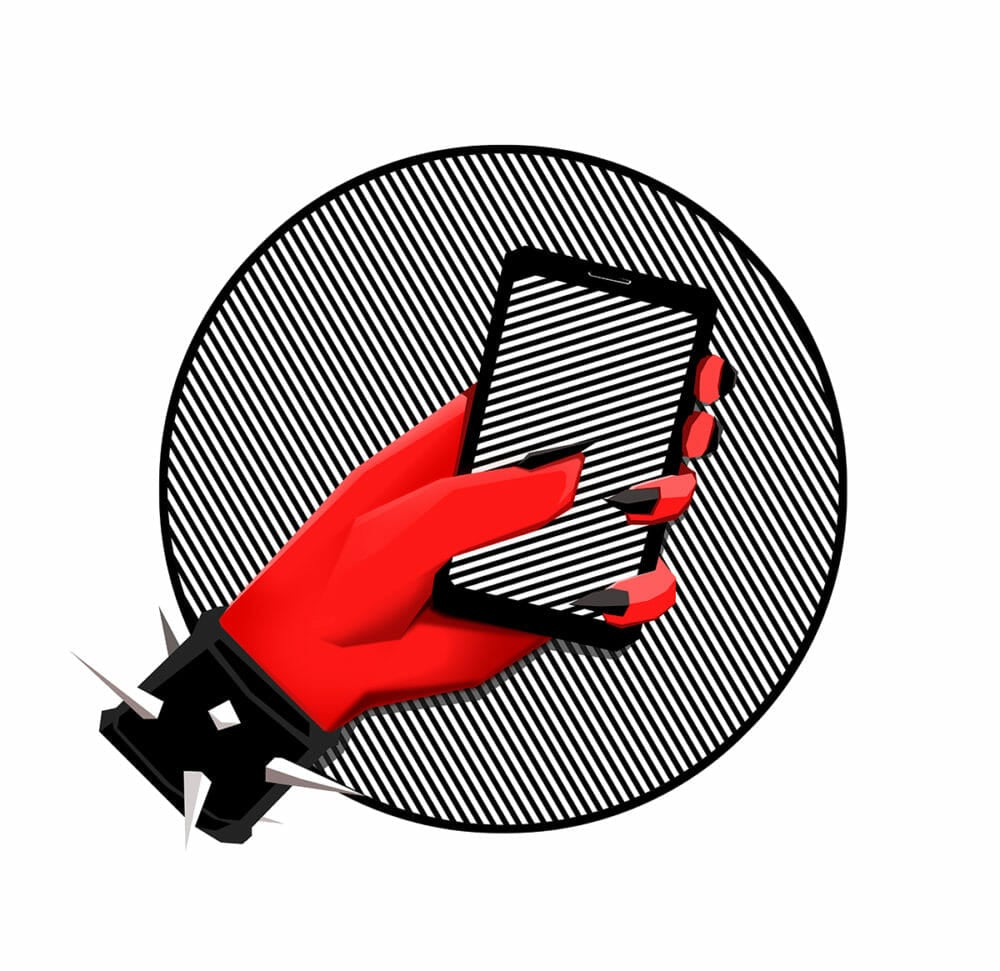Google today announced a suite of new accessibility features in honor of Global Accessibility Awareness Day,Watch Bedroom Eyes (2017) full movie including AI-powered and personality-driven settings for users' most popular assistive tools.
SEE ALSO: Apple adds accessibility labels to App Store, braille options to hardwareEarlier this week, the company also announced new AI-powered scam prevention tools in Chrome browsers, as it tries to overhaul the public's perception of tech and its encroachment into our lives, Black Mirror-style.
Gemini for Talkback can carry a convo
For Android users, Google is enhancing the Talkback experience — the company's in-house screen reader tool for people who are blind or have low vision — with more Gemini features, including the ability to ask questions about Talkback's descriptions. Users can also get live information about their entire screens by asking specific questions to Gemini while using Talkback.
You May Also Like
Google first announced Gemini for Talkback in 2024, intended to provide support for onscreen images without alt text.
More human captions
Google is also revamping its Expressive Captions feature, introduced in December to provide a more accurate captioning experience that includes the vocalizations and emotions of the speaker within the caption's text, such as gasps, raised voices, and background noise context. The new expressive captions will now add the flair of a speaker's vocal stylings, such as elongated vowels or dragged out sounds, and even more sound labels, like whistling.
Related Stories
- Apple adds accessibility labels to App Store, braille options to hardware
- Apple explores letting people control iPhones with their brains, report says
- Google Find My Device rebrands as Find Hub to track people, devices, and luggage
- Google's Gemini AI is coming for your car, watch, and TV
- Android announces new hearing aid and screenreader connectivity for Galaxy and Pixel
New accessibility tools for students, and more
For Chromebooks, the company is collaborating with College Board — the national nonprofit that oversees AP, SAT, and college admissions curricula — to integrate Google's accessibility tools into the Bluebooktesting app. Students will be able to use their Chromebook's assistive features, like ChromeVox screen readerand Dictation, when taking a College Board test.
In addition, mobile Chrome users will now be able to zoom in on just the text of a webpage, instead of the entire screen, with Page Zoom. And the company is also introducing Optical Character Recognition (OCR) for PDFs, which will allow screen readers to interact and understand scanned PDFs.
Topics Android Google Social Good Accessibility









